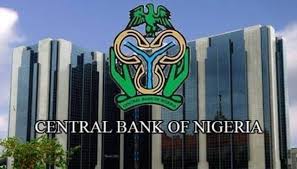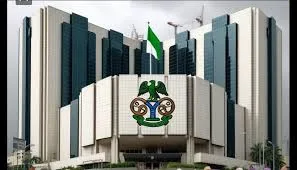Many Nigerians continue to lament over high price of cooking gas which has soared, reaching N1,500 per kilogram in some areas, as confirmed in a recent survey.
This has added to the burden on Nigerians already facing economic challenges.
In Ogun and Lagos states, consumers are feeling the impact as the price of a 12.5kg cylinder now exceeds N17,000 in some areas, up from N12,000 just three months ago.
Abuja residents are seeing similar increases, with prices reaching over N17,000 in some districts.
Despite promises of price relief from government officials, the trend shows no signs of slowing down.
Local production remains insufficient, with over 60% of cooking gas still being imported, exposing the market to international price fluctuations.
While there are hopes that the Dangote refinery and other local refineries will reduce the need for imports, Nigerians who depend on cooking gas are not seeing quick relief yet.
Local distributors have been adjusting prices based on location, with some areas offering marginally lower rates.
However, the general upward trend has led to concerns about the affordability of cooking gas, especially as the economic situation continues to strain household budgets across the country.
See reactions from Nigerians as price of cooking gas skyrockets:
Gregs lamented: “How can people cook ? Even the alternative kerosene is not readily available and expensive. Firewood is not also available. Everything in Nigeria is scarce and expensive.”
Paul Khalifa tweeted: “We need to remove the subsidies on cooking gas too as its becoming too expensive @officialABAT do your job.”
Hassan Musa wrote: “Why will you use gas to cook, see how lazy you are, can’t you get firewood at the back of your house? How many days will it take you to plant a tree and cut it for firewood. Don’t you know we are gas nation & it’s even cheaper in nigeria compared to other countries? In USA it’s $3”.
Prince Shedrack posted: “And that’s exactly what will happen with the so called CNG. It’s a matter of time. All they need to kick the price up is the number of vehicles. Once the number increase, we start scarcity to price hike. It’s a policy to expand the tax base/net and never to reduce suffering.”
Obikrasi added: “It’s cheaper compared to UK, US, EU countries and other African countries. Unless they begin to charge for air, Nigerian’s won’t have sense and those supporting the government won’t have sense also.”



























